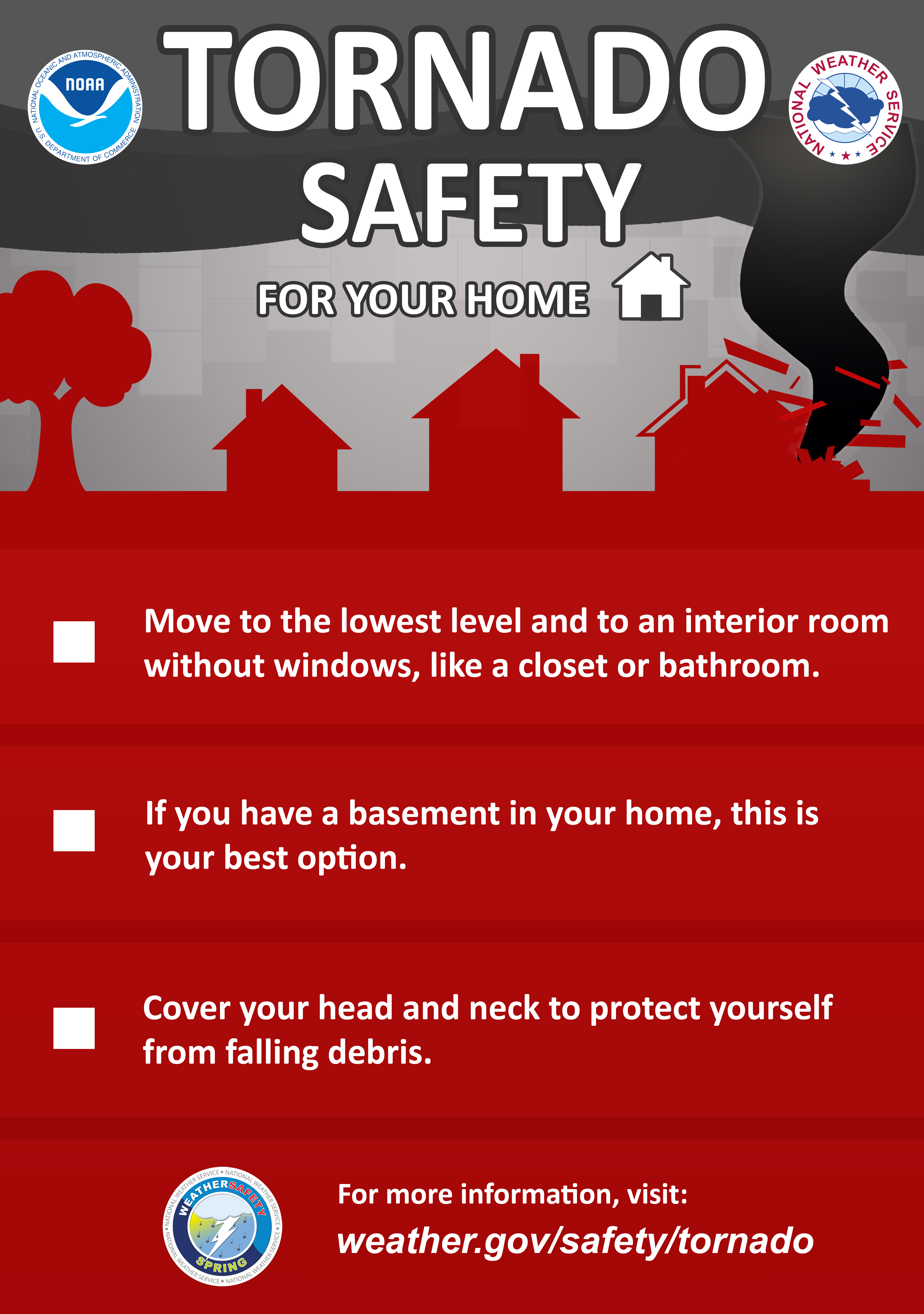Kentucky Severe Weather Awareness Week: NWS Preparedness Plans

Table of Contents
Understanding NWS Forecasts and Warnings
Effective preparation starts with understanding the information the NWS provides. Knowing the difference between watches and warnings, and how to access crucial information, is key to staying safe during severe weather.
Types of Severe Weather Warnings Issued by the NWS:
The NWS issues various warnings depending on the type of severe weather threatening Kentucky:
- Tornado Warnings: Indicate a tornado has been sighted or is indicated by weather radar. Immediate action is required. Seek shelter immediately.
- Severe Thunderstorm Warnings: Signal severe thunderstorms with damaging winds (58 mph or greater), large hail (1 inch in diameter or greater), or tornadoes. Take protective measures.
- Flash Flood Warnings: Issued when a flash flood is imminent or occurring. Never drive through flooded areas; turn around, don't drown.
- Winter Storm Warnings: (Relevant during Kentucky winters) Indicate significant snowfall, freezing rain, or sleet accumulation that will cause hazardous travel conditions and potential power outages.
- Heat Advisories/Excessive Heat Warnings: Alert the public to dangerous heat conditions that can lead to heatstroke. Take precautions to stay cool and hydrated.
Accessing NWS Information:
The NWS offers multiple ways to receive timely and accurate weather information:
- weather.gov: The official website of the National Weather Service provides detailed forecasts, warnings, and weather information for your specific location in Kentucky.
- Local NWS Forecast Offices: Kentucky is covered by several NWS forecast offices. Find your local office (e.g., Louisville, Paducah) for hyperlocal forecasts and warnings.
- NOAA Weather Radio: A reliable source of 24/7 weather information, including warnings, watches, and forecasts. Consider purchasing a NOAA Weather Radio with specific alerts for your area.
- Weather Apps: Many reputable weather apps (check app store reviews for accuracy and reliability) provide real-time alerts and forecasts, often with customizable notifications.
Interpreting Warning Language:
Understanding the difference between a watch and a warning is crucial:
- Watch: Conditions are favorable for severe weather to develop. Stay informed and be prepared to take action.
- Warning: Severe weather is imminent or occurring. Take immediate action to protect yourself and your family.
Acting promptly upon receiving a warning is critical to ensuring your safety. Do not delay when a warning is issued.
NWS Preparedness Resources for Kentucky
The NWS provides various resources to help Kentuckians prepare for severe weather. These resources help build community resilience and individual preparedness.
Spotter Networks:
Trained storm spotters play a vital role in providing valuable ground-level observations to the NWS, supplementing radar data and enhancing warning accuracy. Consider becoming a trained spotter; many local NWS offices in Kentucky offer training programs. Check your local office for details.
Public Education Campaigns:
The NWS conducts numerous public education campaigns throughout the year, with special emphasis during Kentucky Severe Weather Awareness Week. These campaigns provide crucial information on how to prepare for various severe weather events. Attend local workshops and events to learn more.
Emergency Preparedness Materials:
The NWS website offers a wealth of downloadable resources, including checklists, guides, and safety information tailored specifically for Kentucky residents. These resources address common Kentucky-specific hazards like tornadoes, flash floods, and winter storms. Download these crucial documents and review them regularly.
Building Your Family's Severe Weather Preparedness Plan
A well-defined family preparedness plan is essential for ensuring everyone's safety during severe weather.
Developing a Communication Plan:
Establish a designated meeting place outside your home in case of separation during a severe weather event. Choose multiple ways to communicate (cell phones, landline, designated friend/neighbor).
Creating a Go-Bag:
Prepare a "go-bag" containing essential items:
- Water (one gallon per person per day)
- Non-perishable food
- First-aid kit
- Medications
- Important documents (copies of insurance, IDs)
- Flashlight and extra batteries
- Radio (hand-crank or battery-powered)
Keep your go-bag readily accessible and check its contents regularly.
Identifying Safe Rooms and Shelters:
Identify the safest room in your home (typically an interior room on the lowest level, like a basement) and practice seeking shelter there. Know the location of your nearest public storm shelter and how to get there. Use online resources provided by your local Kentucky government to find the closest shelters.
Practicing Drills:
Regularly conduct family drills to familiarize everyone with your severe weather plan. This practice reinforces the plan and ensures everyone knows what to do when a warning is issued.
Conclusion
Kentucky Severe Weather Awareness Week is a critical time to reinforce your understanding of severe weather and the resources available from the National Weather Service. By familiarizing yourself with NWS forecasts and warnings, utilizing their preparedness resources, and developing a comprehensive family plan, you can significantly reduce your risk during severe weather events. Remember to stay informed throughout the year and take proactive steps to protect yourself and your loved ones. Don't wait – prepare for Kentucky Severe Weather Awareness Week and beyond! Visit weather.gov for more information and resources regarding Kentucky severe weather preparedness.

Featured Posts
-
 Analyzing Nothings Phone 2 A Modular Smartphones Strengths And Weaknesses
Apr 30, 2025
Analyzing Nothings Phone 2 A Modular Smartphones Strengths And Weaknesses
Apr 30, 2025 -
 Aktualno Prof Khristova Za Situatsiyata S Gripa
Apr 30, 2025
Aktualno Prof Khristova Za Situatsiyata S Gripa
Apr 30, 2025 -
 Kanada Obrushilas S Kritikoy Na Trampa Reaktsiya Na Oskorbitelnye Zayavleniya
Apr 30, 2025
Kanada Obrushilas S Kritikoy Na Trampa Reaktsiya Na Oskorbitelnye Zayavleniya
Apr 30, 2025 -
 Black Historys Impact Dr Jessica Johnson And Yates Powerful Story
Apr 30, 2025
Black Historys Impact Dr Jessica Johnson And Yates Powerful Story
Apr 30, 2025 -
 Ofcom Faces Scrutiny Police Complaint Over Chris Kaba Panorama
Apr 30, 2025
Ofcom Faces Scrutiny Police Complaint Over Chris Kaba Panorama
Apr 30, 2025
